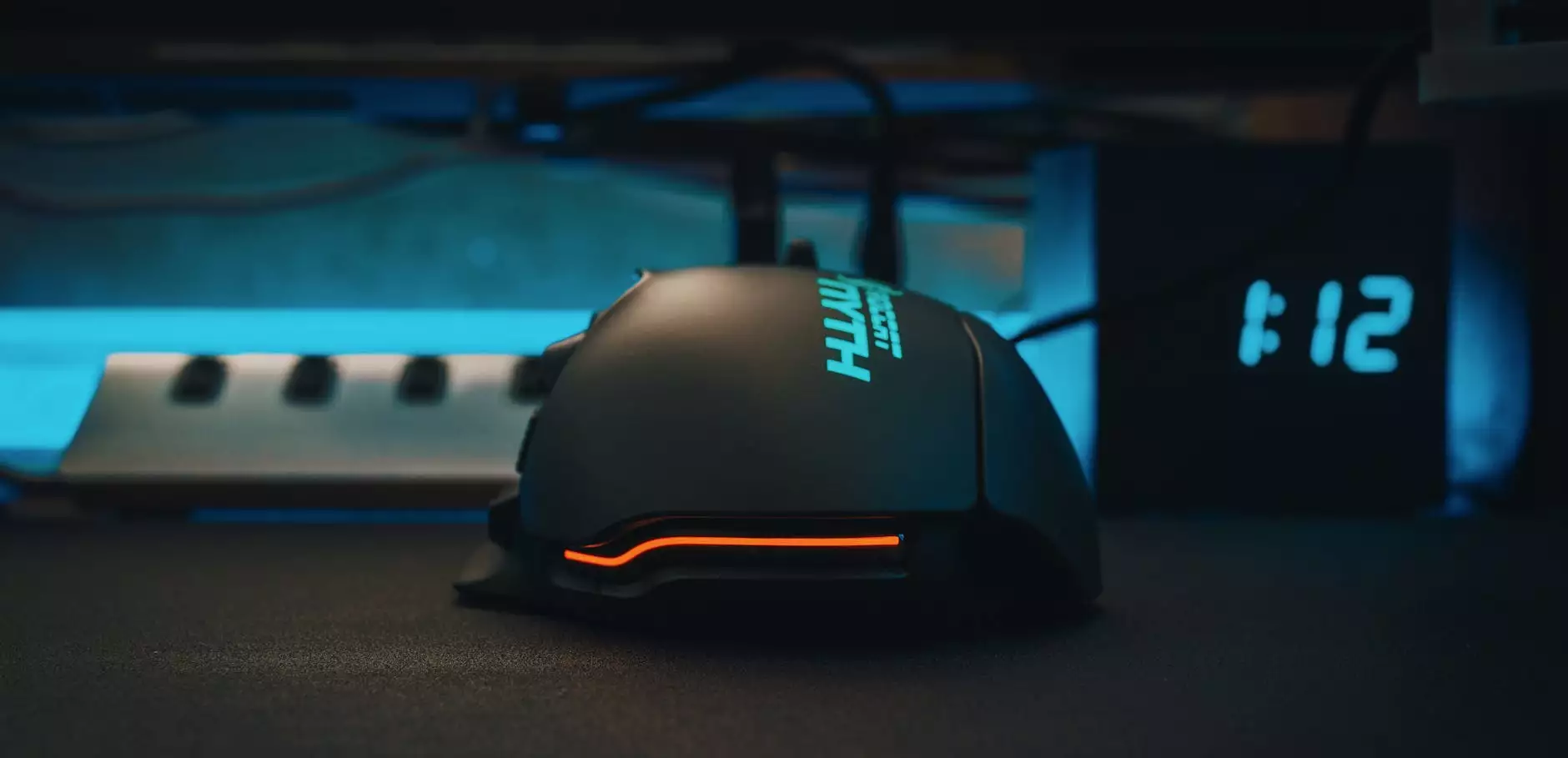Essential Design Considerations For A WordPress Website
SEO Category Archives
Introduction
Welcome to JODA Digital Marketing and Publishing, where we provide expert guidance on creating and optimizing WordPress websites. In this article, we will explore the essential design considerations that can help your website stand out, improve user experience, and boost your search rankings.
1. Responsive Design
One of the key factors to consider when designing a WordPress website is responsiveness. In today's mobile-dominated world, having a website that adapts seamlessly to different screen sizes is crucial. Responsive design ensures that your content looks great and functions properly across all devices, including smartphones, tablets, and desktops. This not only enhances user experience but also signals to search engines that your website is user-friendly, leading to improved search rankings.
2. Clear Navigation and User-Friendly Layout
Another important consideration is to create a clear and intuitive navigation system for your WordPress website. Users should be able to easily find the information they are looking for without getting lost or confused. A well-structured navigation menu, with concise and descriptive labels, can significantly enhance user experience and keep visitors engaged. Additionally, providing a user-friendly layout with logical content organization will make it easier for both users and search engines to understand the purpose and relevance of each page.
3. Consistent Branding
Building a strong brand identity is crucial for any business, and your WordPress website should reflect this. Consistent branding includes using your company's logo, color palette, and typography throughout your site. This helps create a cohesive and professional look that visitors will associate with your brand. Consistency also plays a vital role in enhancing user trust and reinforcing your brand message. Remember to optimize your images and use appropriate alt tags to improve search engine visibility for your branded visuals.
4. Loading Speed Optimization
Website loading speed has a significant impact on user experience and search rankings. Slow-loading websites often lead to higher bounce rates and frustrated visitors. Optimizing your WordPress website for fast loading times is essential. Compressing images, minifying CSS and JavaScript files, utilizing caching techniques, and choosing a reliable hosting provider are some effective ways to improve loading speed. Search engines prioritize fast-loading websites, so investing time and effort into optimization will pay off in terms of improved search rankings.
5. High-Quality Content Presentation
Content is king in the digital world, and presenting it in a visually appealing manner is key to engaging your audience. When designing your WordPress website, ensure that your content stands out. Utilize eye-catching headlines, subheadings, and bullet points to break up text and improve readability. Include relevant multimedia elements such as images and videos to enhance the overall user experience. Remember to optimize your media files with descriptive titles, alt tags, and captions to maximize their visibility on search engine results pages.
6. Search Engine Optimization (SEO)
To outrank your competitors in Google, implementing effective SEO strategies is essential. Optimizing your WordPress website for search engines involves various factors, including keyword research, on-page optimization, meta tags, and URL structure. Conduct in-depth keyword research to identify relevant terms and phrases that your target audience is searching for. Incorporate these keywords naturally throughout your website, paying attention to title tags, meta descriptions, headers, and body content. Additionally, ensure that your URLs are concise, descriptive, and include relevant keywords.
7. Mobile Optimization
In the era of mobile browsing, optimizing your WordPress website for mobile devices is no longer an option, but a necessity. Mobile optimization focuses on creating a seamless user experience on smartphones and tablets, ensuring that your site loads quickly, displays properly, and is easy to navigate on smaller screens. Implement responsive design, leverage mobile-friendly plugins, and test your site's mobile performance regularly to deliver a superior user experience. Mobile-friendly websites are favored by search engines, resulting in better search rankings.
8. Social Media Integration
In today's interconnected digital landscape, social media plays a crucial role in driving traffic and promoting brand awareness. Integrating social media buttons and sharing options on your WordPress website enables visitors to easily share your content across various platforms. This not only helps increase your reach but also signals social engagement to search engines, potentially boosting your search rankings. Incorporating social media feeds or testimonials can also add social proof and credibility to your website, further enhancing user trust.
Conclusion
Optimizing the design of your WordPress website is vital for achieving search engine visibility, improving user experience, and driving business success. By focusing on responsive design, clear navigation, consistent branding, loading speed optimization, high-quality content presentation, SEO, mobile optimization, and social media integration, you can create a website that not only stands out but also ranks higher in search engine results. At JODA Digital Marketing and Publishing, we offer comprehensive services to help you enhance your WordPress website's design and maximize its potential in the digital landscape. Contact us today to unlock the true power of design for your WordPress website!










